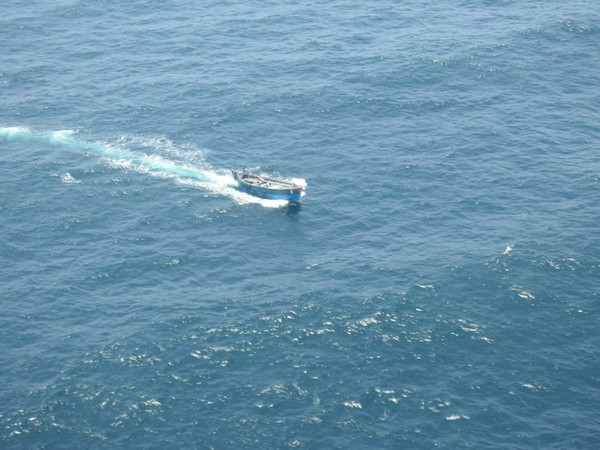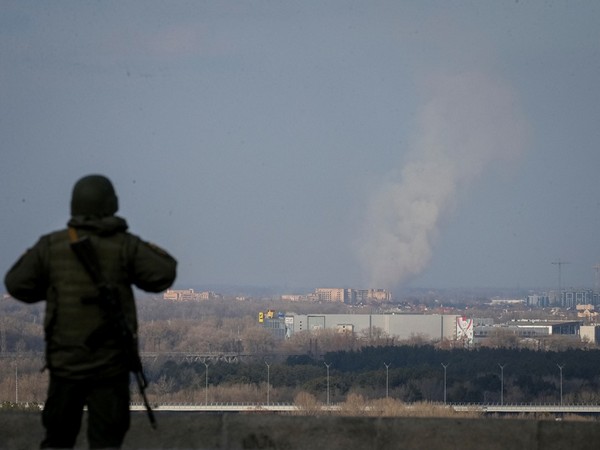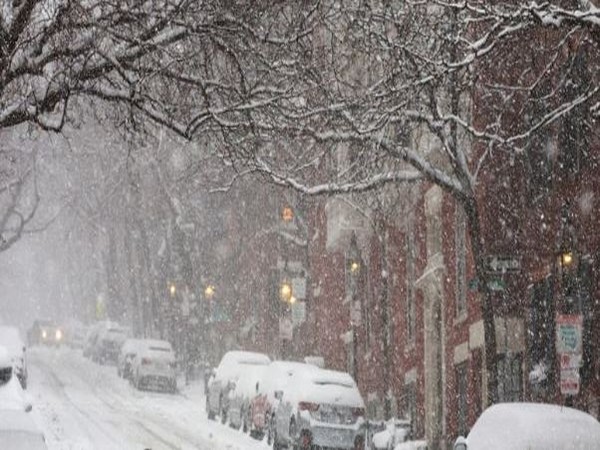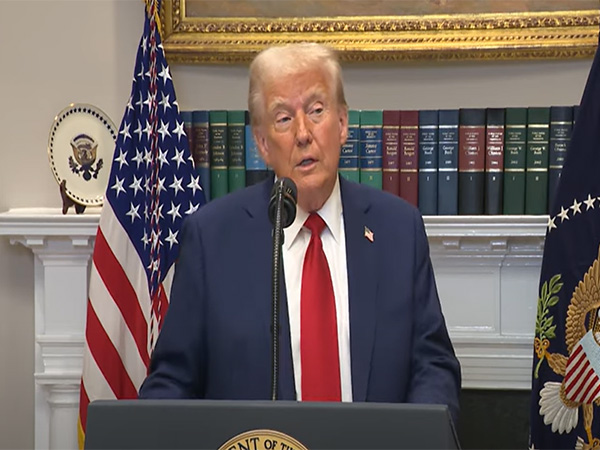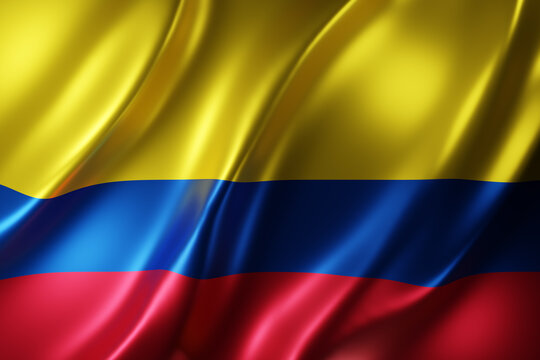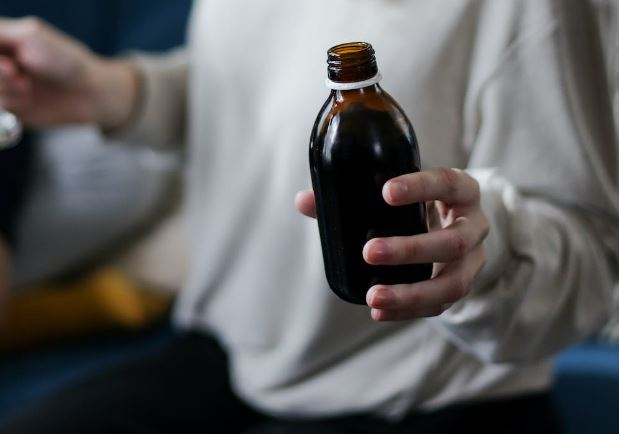
Indonesia court finds drugmakers at fault over toxic cough syrup, awards parents
Aug 24, 2024
Jakarta [Indonesia], August 24: An Indonesian court ordered two local companies to pay up to 60 million rupiah ($3,850) to each family whose children died of an acute kidney injury or were seriously injured after consuming toxic cough syrup.
More than 200 children in Indonesia died of the injury and about 120 more survived, some of whom lived with disabilities which led to financial hardships for their parents.
Indonesian courts have cited lax oversight by pharmaceutical companies, including local drugmakers and some suppliers, as well as the country's food and drugs agency (BPOM), in hearings into the poisonings.
In late 2022, more than 20 families launched a civil suit against the agency, the health ministry, and several companies.
Judges at the Central Jakarta court found a drugmaker and a supplier, Afi Farma and CV Samudera Chemical, at fault in the poisonings, according to a ruling released late on Thursday.
The health ministry and the BPOM were cleared of wrongdoing.
The court ordered the companies to pay the parents who brought the suit compensation 50 million rupiah for children who died and 60 million rupiah for children who were injured.
Parents had asked for 3.4 billion rupiah for each child that died, and 2.2 billion rupiah for survivors. Indonesia's 2023 gross domestic product per capita was nearly $5,000, data from the country's Statistics Bureau shows.
Siti Habiba, the lawyer for the parents, did not immediately respond to a request for comment.
The court document, posted on its website, did not include reasons for the decision.
Afi Farma's lawyer Reza Wendra Prayogo told Reuters on Friday the firm was "disappointed" with the civil case ruling and the company was still considering its next legal step.
Last year, a criminal court found East Java-based drugmaker Afi Farma guilty of negligence and jailed officials for not testing the ingredients sent by its supplier.
The syrups contained ethylene glycol (EG), a commonly used chemical in products such as brake fluid and antifreeze.
A court document from that criminal case said the EG concentration in the syrups reached as high as 99%, where international standards say only 0.1% of EG is safe for consumption.
Source: Fijian Broadcasting Corporation
